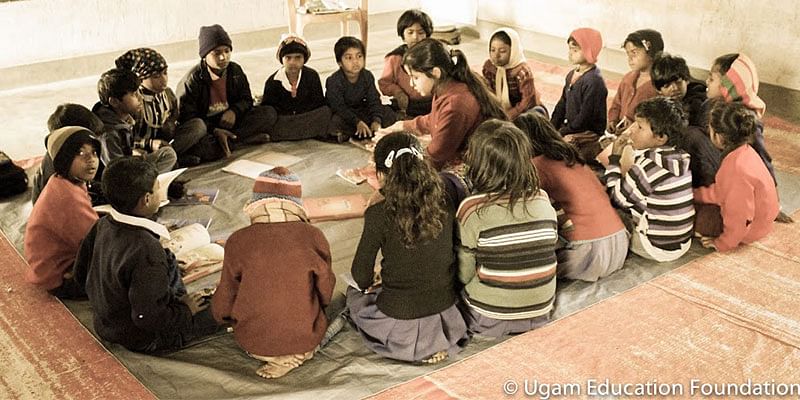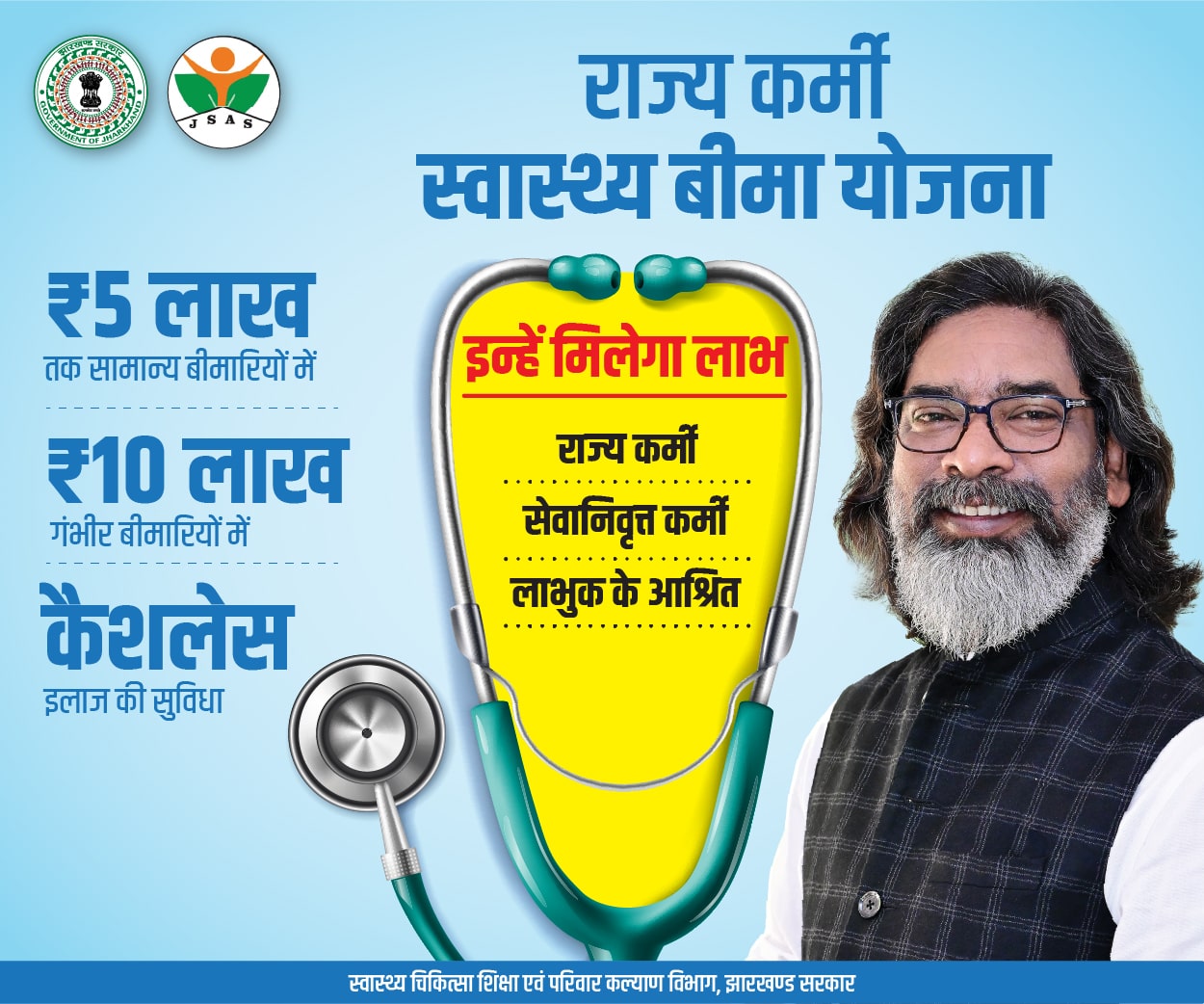
*Representational Picture Courtesy/credit yourstory.com
With the spread of COVID-19, many schools in Jharkhand were turned into quarantine centres and health facilities to isolate people. In all, over 3500 schools were used as quarantine centres.
In order to be better prepared to re-open these schools, it is considered noteworthy to orient all teachers on the safety measures to prevent the spread of COVID-19 among students in schools along with hygiene protocols and disinfecting the buildings.
To ensure that all teachers, educationists and other related stakeholders are aware of these hygiene and safety protocols, the Government of Jharkhand with support of UNICEF has developed e-modules of Standard Operating Procedures (SOPs) for school reopening. It was launched today in a webinar on ‘’COVID-19 – Awareness and Preparedness in Schools.’’
Speaking at the launch, Rahul Sharma, Secretary, Education said, ‘’It is extremely crucial to take all the necessary precautions against COVID-19 when we reopen schools in Jharkhand.
Preparation is the key to fight against the pandemic and provide education safely. Adequate WASH facilities play a crucial role in providing a safe environment to students, teachers, parents and other school staff.’’
Uma Shankar Singh, State Project Director, JEPC, added, ‘’While continuing to provide education, what matters is our ability to broaden our planning at a technical level to handle the pandemic when schools reopen. Therefore, all teachers have to compulsorily undergo COVID-19 training through the e-learning module and be certified.’’
These SOPs are expected to help school managements in implementing, communicating, and monitoring the new way of practicing social and personal hygiene behaviour, and protocols for sanitizing school premises.
Dr Shailesh Chaurasiya, Mission Director, National Rural Health Mission said, ‘From the health perspective, protection of students, teachers, parents and support staff is important when schools reopen. Coordination between Civil Surgeons and DEOs/ DSEs is vital to provide medical support to schools.
Further, it is important to screen, do a health check-up, and isolate infected patients for further treatment. Special attention should be given to the children of migrant families.’’The recommendations and measures suggested, are derived from extensive research on a series of national guidelines on COVID-19, various interventions at the state level and in-depth discussions with functionaries in the state education department with the help of UNICEF.
On the occasion,Dr Yasmin Ali Haque, Representative, UNICEF India congratulated the state government for keeping the safety of children in mind by developing e-modules of Standard Operating Procedures for teachers on COVID-19 response and WASH in schools.
She said, ‘’It is great to know that over 22000 teachers of Jharkhand have already taken the online course. These SOPs will serve as a milestone in Jharkhand and UNICEF is committed to supporting its implementation, especially the monitoring and capacity building of achers and supervisors.’’
The webinar was an opportunity to orient all teachers and officials of the education department on the need to take extra care on sanitation and hygiene issues. It was an opportunity for the teachers to know the different perspectives of COVID-19 response and safety measures.


